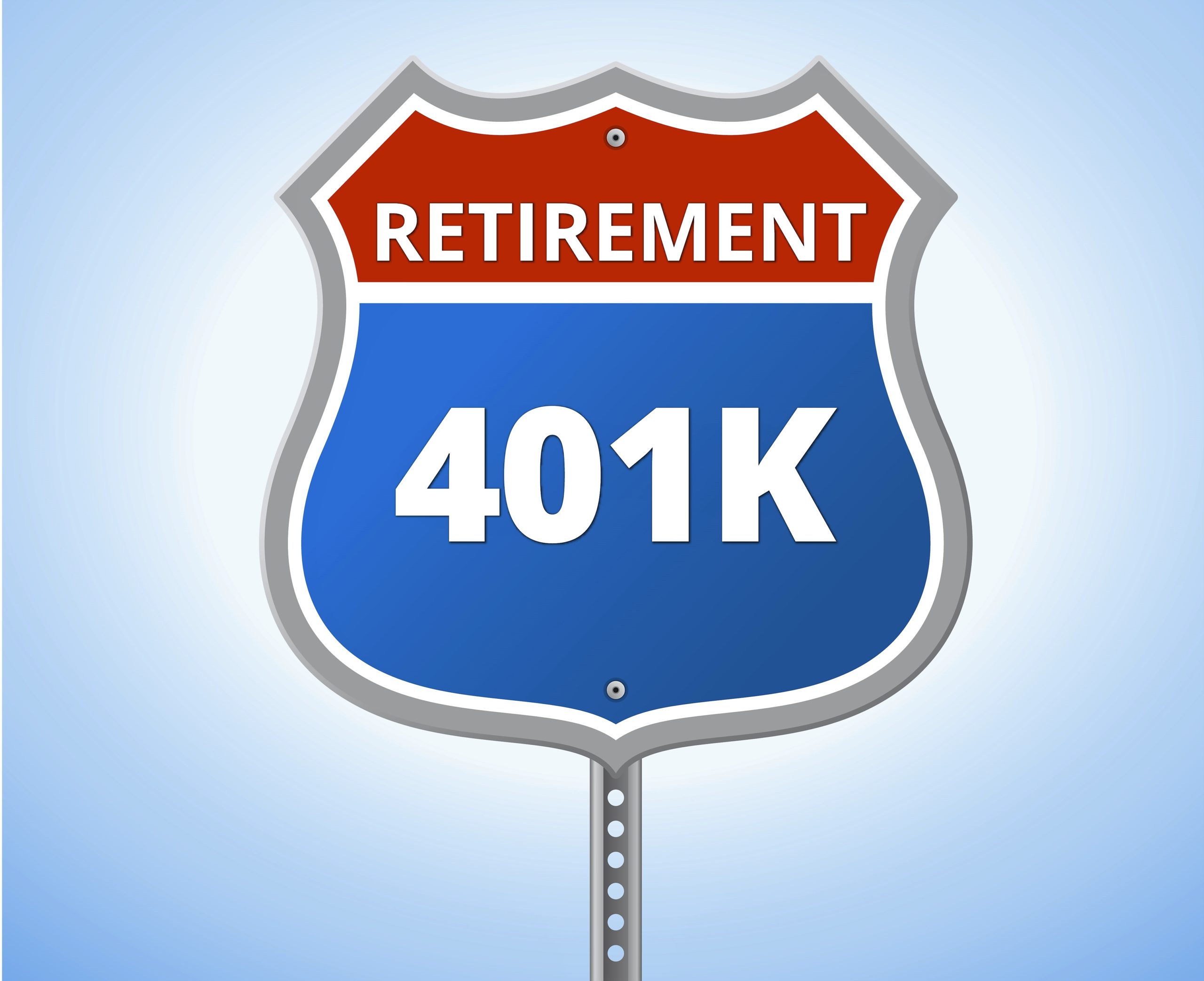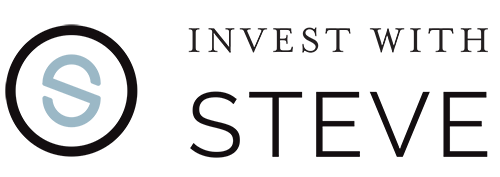
“I would to Thank Dave Fernandez, CFP® of http://www.wealth-engineering.com/ for contributing his expertise on 401(k) and the options you have when you leave your employer” -Steve Reh
401(k) Options When You Leave Your Employer

Regardless if you are retiring or moving to a new employer, once you leave your current job you will need to decide what to do with your 401(k). You have a handful of choices. I have outlined the benefits and disadvantages of each option below. Your personal circumstances may favor one option over the other. You should discuss your options with a fee-only financial advisor whenever you transition employment so he/she can help you determine which pathway provides the best choice for your unique financial situation.
1) If you have a balance of $5,000 or greater you can likely leave it in your current plan as most 401(k)’s provide a deferral option.
Benefits –
- This is the easiest decision and likely no action is required on your part. Although, I am always amazed how many investors choose this default option when there are better choices as described below.
Disadvantages –
- Every 401(k) plan has its own unique set of investment options. Your current plan may have a limited choice of investment options such as being overly U.S. centric. We live in a global economy and most financial advisors recommend that portfolios should provide a decent amount of international options on both the stock and bond side of investment choices.
- Many 401(k)’s have incredibly high internal expenses. It is not uncommon to see mutual fund choices with expense ratios north of 1.5%. It is very important to keep an eye on your overall investment expense exposure. The more you can lower your investment expenses, the higher probability you can keep returns compounding for your long-term financial benefit.
Be aware that if your balance is less than $5,000, you will want to take action on one of the below choices as your employer may have the option to automatically cash your 401(k) account out or transfer you to an IRA. Cashing your 401(k) account out can have large tax consequences as outlined later in this article.
2) Rollover your balance to your new employer’s 401(k) plan.
Benefits –
- This is a good way to consolidate financial assets, especially if you have more than one 401(k) from past employment. I always favor consolidation and simplification where possible.
- This could be a great choice if you have an excellent set of diversified investment options that are low cost.
Disadvantages –
- It is not uncommon for your benefits department at work to occasionally choose a new custodian or a new set of investment options in your 401(k) every few years. You have less control in this situation as you are forced to invest in whatever options are provided. What may look great today could easily change unexpectedly.
- Your new 401(k) may have poor investment choices, and/or investment options with high expenses.
Most 401(k) rollovers are initiated from the 401(k) you are leaving. Your human resources department or benefits office may require that you fill out a termination/rollover packet of paperwork. Some 401(k) custodians may take direction over the phone. Collectively you and your fee-only financial planner can determine what is the next step to move forward.
3) Rollover your 401(k) to an IRA
Benefits –
- This is typically a favored option. Once you set up an IRA you have the whole investment universe of options to invest in. This could be mutual funds, ETFs or stocks. It is easy to build a well-diversified portfolio when you have such a wide array of investment options to choose from.
- You have control over your money. You can always move your IRA to another investment custodian if you prefer a change of investment options.
- You will have control over investment expenses. There are a number of low cost investment options available via no-load mutual funds and ETFs at a number of investment custodians.
Disadvantages –
- If you are still working, you may end up with one extra investment account in a separate IRA. This is a minor disadvantage. The benefits of investment selection and cost control provided with rolling your 401(k) to an IRA easily outweigh the disadvantage.
4) Cash out your 401(k)
Benefits –
- None, other than liquidity if you are in a situation desperate for cash.
Disadvantages –
- This is typically the worst decision you can make as any balance withdrawn is a taxable withdrawal. Your 401(k) custodian is required to withhold 20% in federal taxes, but your tax exposure could be higher depending on your marginal tax bracket.
- You will owe state income taxes on the withdrawal if you live in a state that taxes income.
- If you are under age 59 ½ you would also be subject to a 10% early withdrawal penalty.
- If you have an outstanding 401(k) loan balance, the loan would also become a taxable event and be subject to the taxes and penalties described above.
- You will miss out on any future tax-deferred compounded growth by cashing out your 401(k) today.
There are a couple of other scenarios to be aware of before deciding on one of the above choices:
- What if you have a loan balance against your 401(k)?
- You typically have 60 days to pay back a 401(k) loan after leaving employment. After 60 days, your loan balance will likely be considered a taxable distribution and you will be subject to taxes and possibly a 10% early withdrawal penalty if you are under 59 ½ years old.
- What if you have greatly appreciated employer stock in your 401(k)?
- You may have a tax preference option called Net Unrealized Appreciation or NUA which allows you to transfer the stock out of the 401(k) and pay ordinary income taxes on the cost basis and capital gains taxes on the gains. You will want to review this option in detail with your financial advisor and CPA prior to making any decisions.
In closing, I highly recommend you notify your financial planner of any employment changes which could impact your 401(k) options. Once he/she is aware of your choices, they can help you determine what the best course of action is for your personal financial situation. You can always ask your financial advisor to join you in a conference call with your benefits department and/or 401(k) custodian to make sure you both understand all of your options and what steps are required to move forward.
About The Author
Dave Fernandez, CFP® is a native of Arizona and has over 20 years of experience in the financial services industry. He started his financial services career in 1995. As a NAPFA Registered Financial Advisor, Dave owns a fee-only financial planning and wealth management firm, in Scottsdale, Arizona called “Wealth Engineering.”
Wealth Engineering, LLC
http://www.wealth-engineering.com/


